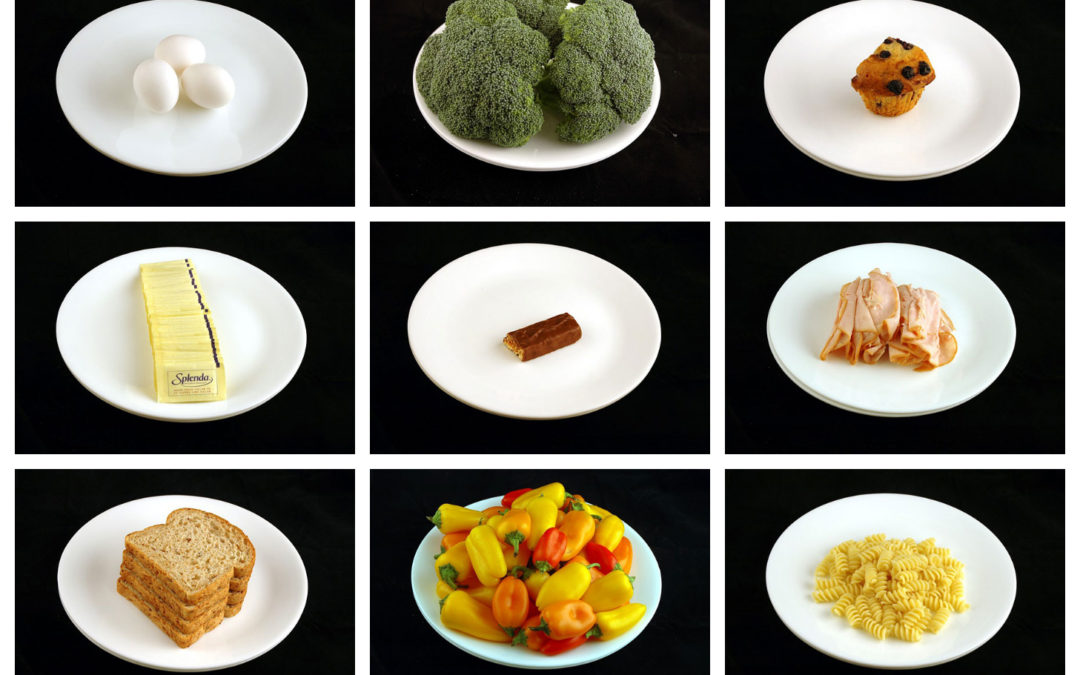…and how you do!
These days, I can’t go to a business networking event or dinner party without someone asking me, “So, you’re a health coach right? What should I be eating?”
It’s sometimes unnerving to have this effect on people. I actually don’t judge people based on what they eat. But over time, I’ve come to realize that for some, it’s a way to show me how much they know about nutrition. For others, it’s a way to test out their latest diet or nutrition theory with an expert.
Regardless of the reason, my answer is always the same, “What’s right for you is not what’s going to be right for me or the person sitting next to you. Just like everyone has a unique personality and no two fingerprints are exactly alike, your body has its own unique food blueprint.”
That’s why diets don’t work. It’s impossible for a ‘one size fits all’ meal plan to work for an entire population of individuals. The only people that benefit from diet books and nutrition plans are the authors who write them.
To really de-code your food blueprint and find the food that is uniquely right for you is really simple. It’s experiential. It’s natural. And the results last a lifetime.
There are a number of factors that determine what food is right for you – your body type, your blood type, your ancestry and whether or not you already have an illness are good places to start.
Now dig deeper. How is your energy? Do you have enough steam to roll through your day without collapsing at the end?
What about that gorgeous brain of yours? Are you able to make decisions clearly and decisively? Are solutions to most problems easy for you to see?
How do you handle stress? Are you sleeping?
And the question clients can’t believe I ask in our first meeting: “How is your elimination?” It’s the best barometer of a healthy gut and a healthy gut is your second brain. So, yes, we do talk poop.
With a basic understanding of where you stand, you can start peeling back the layers. Let’s dispel the three of the most common myths about food and dieting:
- Measuring calories in and calories out will make you lose weight. The truth is, not all calories are created equal. Each of the foods in the photo below is 200 calories. Calories don’t determine whether you get fat, it’s what your body does with the calories it consumes that makes all the difference, and that depends on your hormones.
- Fat makes you fat. Fat doesn’t make you fat. The body needs fat to burn fat, and your brain needs fat to work at optimal capacity. When food manufacturers strip out fats, they add sugar. Fat makes food taste good and when there is no fat, a replacement flavor needs to be added and most often it’s sugar. So eat fat every day – just eat healthy fats.
- Craving sugar makes you an emotional eater. Not all cravings mean that you are an ‘emotional eater.’ I don’t like labels when it comes to food. Cravings very frequently mean there’s an imbalance in your primary nutrients. The body is perfect and is always seeking perfect balance. How are you balancing your proteins, fats and carbohydrates on your plate? That’s what will determine whether you have a food craving.
Now that I’ve dispelled some of the myths, how can you make good choices easy?
One place to start is The Breakfast Experiment. Every day for seven days, eat something different for breakfast. One day have eggs, the next, cereal or yogurt and fruit, and so on, for seven days.
How did you feel right after eating? Were you satisfied? Or still hungry?
How did you feel two hours later? Were you energetic? Alert? Sleepy? Hungry again?
~Jot down your observations in a journal
At the end of the week, reflect back.
Which foods left you feeling the most satisfied?
What gave you the most energy?
What kept you full right until lunchtime?
Okay. Now you have it. That’s your ideal breakfast.
Observing your body’s response to different foods will help you begin to tap into your “gut intuition.” Once you have a finely honed gut intuition, you will be able to eat foods that give you great energy and keep your brain humming along all day. This is not a diet, or a nutrition plan, but a set of skills that lasts a lifetime. That’s why diets don’t work and how you do.
To find out more about how to make cooking and eating healthy food a delicious part of your day, download your complimentary copy of the Live a Whole Life Guide to Cooking & Eating Healthy Food… without adding to your to-do list!

Release Fear. Think Clear. Get Into Gear.

